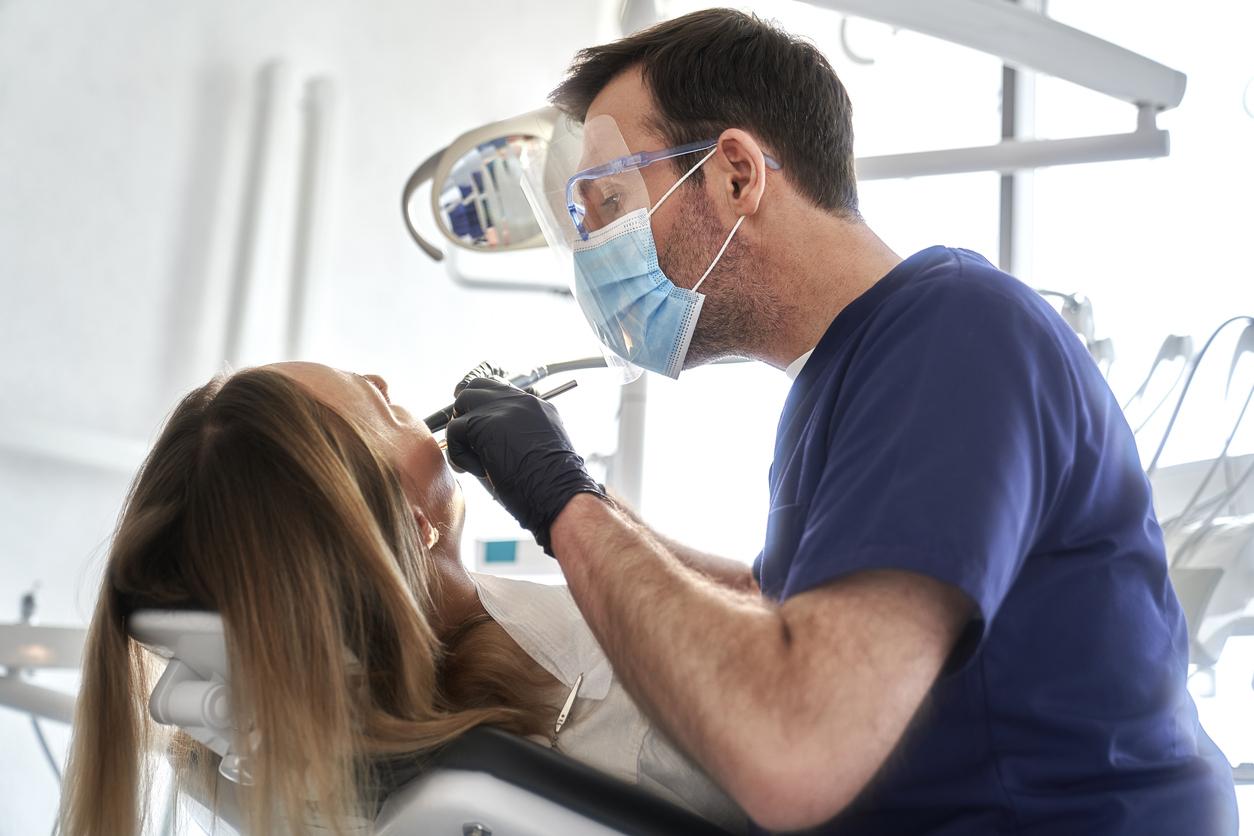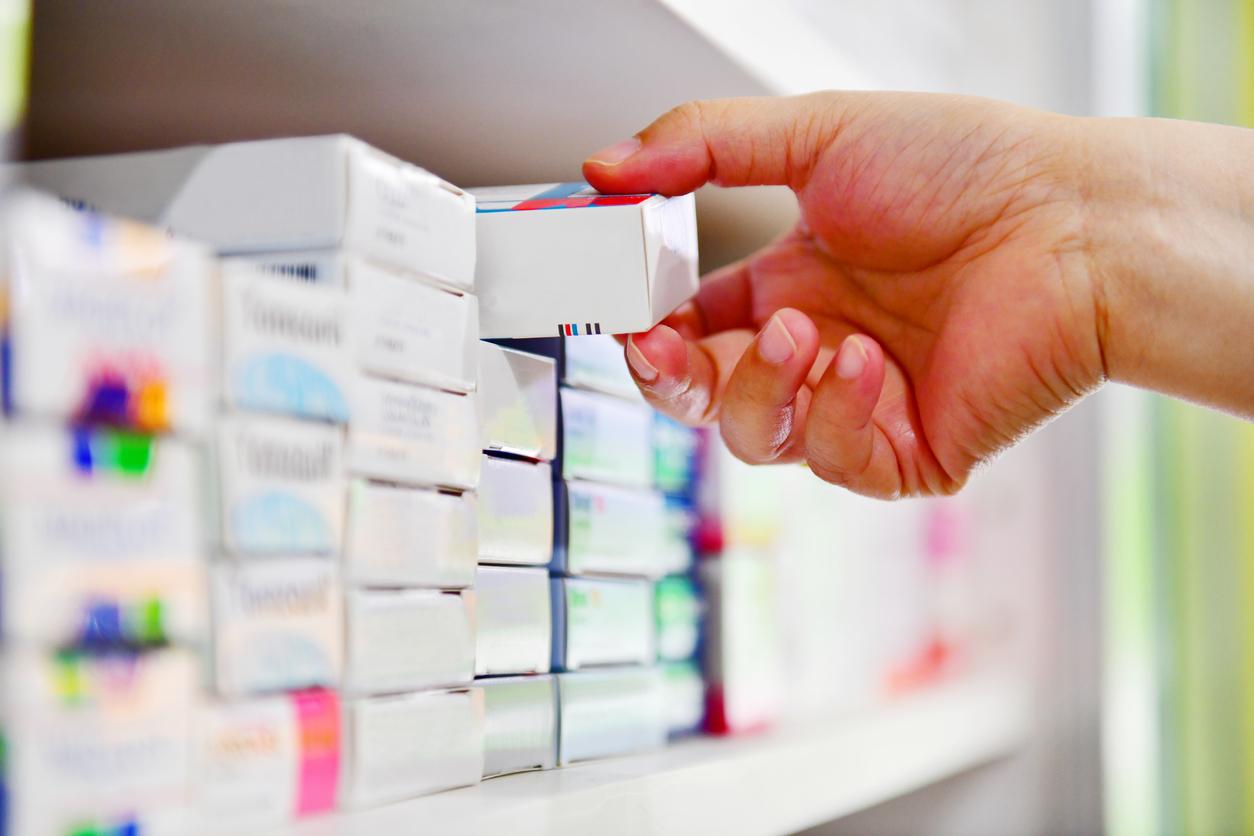Following the PIP breast prosthesis scandal, the National Institute of Health and Medical Research (Inserm) was to undertake a large study on the side effects of breast prostheses on 100,000 women over ten years. But the National Drug Safety Agency suspended the budget.
To assess the dangers and possible undesirable effects of breast prostheses on health, the Directorate General of Health (DGS) commissioned Inserm to conduct a large study. Started in July 2014, this new survey called ” Lucy Has already cost 162,000 euros. Its overall funding was estimated at one and a half million euros and was to be supported by the National Agency for the Safety of Medicines. While only one stage of the study was carried out, the Agency announced that it was abandoning this project.
In the pages of Le Figaro, the ANSM “invokes stories of delay to justify the freezing of funding”. “It is impossible for us to continue the feasibility study”, assures the ANSM which nevertheless recalls having “granted an additional period of six months to the Inserm team so that it can provide information on the final feasibility of this study”. “If the information provided is conclusive, the Agency will continue to finance this study in addition to the € 162,000 already paid”.
Breast prostheses, a sensitive subject
30,000 women in France have been affected by the scandal of PIP prostheses. This health affair begins on March 30, 2010. The PIP company is placed in compulsory liquidation after an alert from the Medical Products Agency. The breast implants it produces are withdrawn from the market due to an abnormal rate of ruptures and the use of questionable gel. The Agency recommends a few months later the removal of prostheses in case of risk of rupture.
In France, the number of women who wear breast implants was estimated at 346,000 in 2013.
Read also:
PIP prostheses: understand everything in 6 questions
Health: a common portal for reporting health incidents
Breast implants: what are the risks?
















